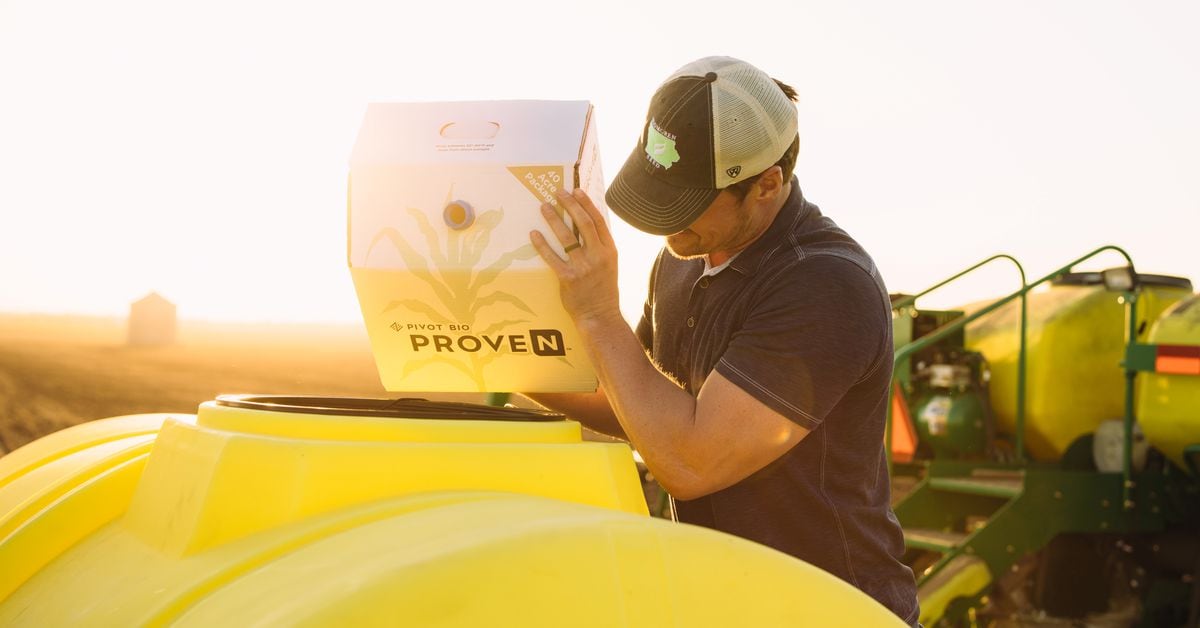Dreminen169
Well-Known Member
The future is fast approaching. My mind is blown. No more wasting countless hours throughout the season mixing up nutes. Applying microbes once at the time of planting with seed & they do the rest I can’t wait till this is perfected, hopefully it won’t break the bank
I can’t wait till this is perfected, hopefully it won’t break the bank 

 www.reuters.com
www.reuters.com


Pivot Bio, a startup using microbes to replace synthetic fertilizer, raises $430 mln
A startup born in the lab of University of California, Berkeley, is aiming to replace synthetic fertilizers that contribute to greenhouse gases and so-called 'dead zones' in the ocean.
